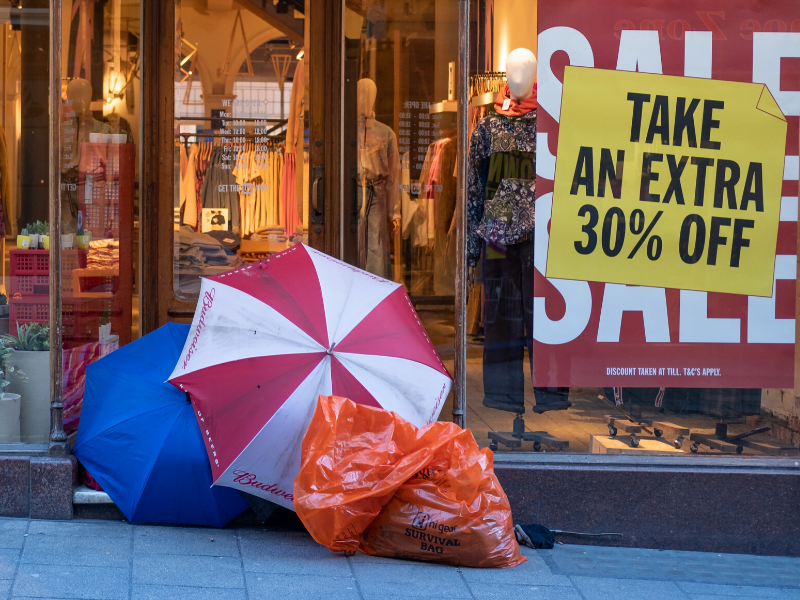The majority of people (65%) who used the YMCA shelter in Malta between 2016 and 2018 were Maltese, while another 35% were migrants, a new report on homelessness in Europe revealed.
The report, titled National Strategies to Fight Homelessness and Housing Exclusion, presents research carried out by the European Social Policy Network.
In 2016, 96 of YMCA’s cases were Maltese while 68 were migrants. In 2017, the number of Maltese who used the YMCA amounted to 218 compared to 86 migrants. In 2018, however, migrant cases increased to 117 and Maltese cases fell to 195.
The analysis on Malta is made up of two studies by local field experts Mario Vassallo and Anna Borg from the University of Malta.
The report highlighted an “increasing trend in homelessness situations” in Malta “within an overall context of low levels of homelessness”. It states that the increase has been noted by both Caritas Malta and YMCA that say figures are larger than the number of cases living rough reported to the police which were “recently presented in parliament”.
In 2018, YMCA provided accommodation for an average of 25 residents daily, compared with 22 in 2017, according to the research. In addition, while 75 people moved on successfully from the home in 2017, 94 moved on successfully in 2018, according to the study.
The research also found out that young people were most likely to make use of YMCA in 2018. Just under half, 43.4%, were aged between 25 and 39, while 21% were between 18 and 24 years.
Borg’s study also noted that between the years 2012 and 2017 “there was an overall increase of 13.5% in persons who were at risk of in-work poverty in Malta”.
Vassallo points to the “recent liberalisation of the rental market” as one factor which could be contributing to the increase in homelessness.
“(The liberalisation) has brought about sharp and sudden increases in rental prices, exacerbated by a growing demand for housing arising from diverse population dynamics (for example, young people and increasing separations/divorces),” the report states.
“There is evidence that these shortfalls in affordable housing supply are contributing to growth of invisible/hidden forms of homelessness in Malta,” the study said.
Mentioning the country’s “weaknesses” in homelessness, the EU report lists a “lag in investment in social housing during the 2013-2017 legislature”. The “sudden rise in rents, not accompanied by a parallel increase in State pensions and salaries” and the “entitlement to social housing never being reviewed and persons allocated social housing continue to live there indefinitely and for successive generations.”
It also places emphasis on the importance of having a “unified definition of homelessness,” and highlights a “lack of a clear, holistic strategy, formally defined and legally enacted”.
“The main problem the Housing Authority faces results from the fact that, despite the legal possibility of evaluating whether persons allotted social housing continue to qualify, such evaluations are never undertaken,” Vassallo wrote in his summary of findings. “Politicians are currently suggesting that this needs to change, but whether this will actually happen is uncertain”.
Focusing on what should be prioritised by the country in its current situation, the report lists “sustaining the building of adequate housing units that are affordable for average income families; meeting social housing demands” and “fighting against property inflation”.
It also lists “establishing a one-stop-shop providing integrated care” and “adopting an outreach system whereby persons who really need help are noted and assisted as early on as possible”.












